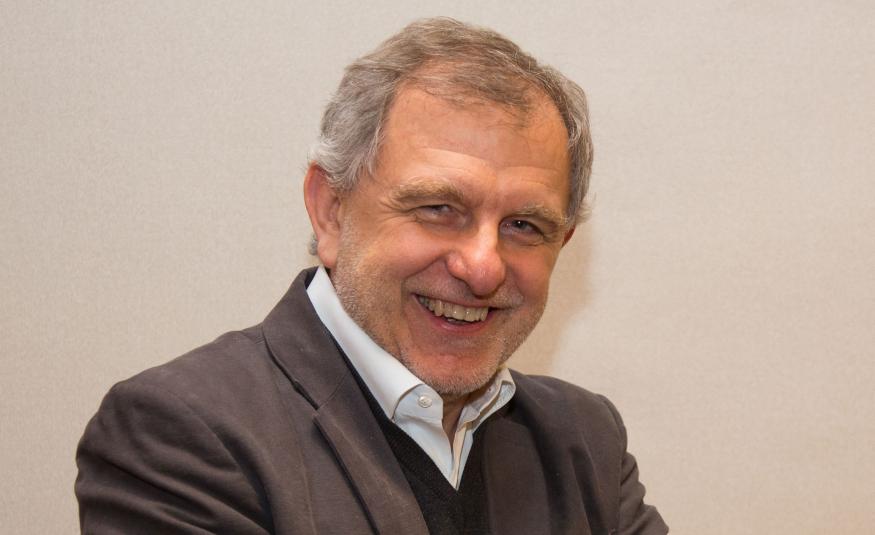New relationships with technology and communicating with clients and colleagues in a different manner have been key to logistics companies weathering the Covid storm. EW looks at some examples.
Some chill winds have been blowing through the exhibition logistics and contracting sector due to the impact of Covid-19 on our global market.
Size has been no defence against the need to make cutbacks and to look for new coping strategies.
In the UK, GES’s Blitz has gone into liquidation and, Stateside, Freeman has shed staff, having previously warned that the cessation of business events could cost the business events industry $118bn in 2020.
In the UK, the Events Industry Alliance identified 30,000 direct jobs in the UK exhibitions sector at risk if remaining exhibitions were cancelled in 2020.
Of course, the situation varies around the world. In China, exhibitions are taking place again, and in Germany, too, albeit they look a lot different to how things were serviced before the coronavirus hit.
Dave Richards is regional director fairs and events in Europe, for international freight forwarding and events exhibition logistics company Agility. The company has its roots as a warehousing and has grown to employ 26,000 staff. Richards says that, even before the pandemic, the industry was changing, and his team at Agility was adjusting with it.
“The role of technology, for instance, was changing the expectations of exhibitors and attendees. Both were looking for a richer experience and better return on investment. That will continue to have implications for on-site venue partners and forwarders like us after the danger from the pandemic subsides and the industry is able to get back on its feet. In the meantime, the absence of large exhibitions has prompted us to focus on smaller events that can take place safely and still provide a return to sponsors.”
In the absence of business travel, many shows have reoriented to national markets.
Agility has traditionally been serving customers drawn to international exhibitions at large venues including ExCeL London, Hamburg, Abu Dhabi and Singapore, and Richards admits that events such as product launches and tours have gained traction ahead of the larger exhibitions for international audiences.
In terms of how relationships are holding up with stakeholders in the supply chain, there appears to be an atmosphere of camaraderie and communicating is more important than ever.
“Everyone’s in the same position,” says Richards. “This obviously includes discussions on how exhibitions and events will be different when we next step into the venues. We envisage a fast-changing landscape as the sector restarts. All of us will have to be ready to adjust before things get fully back to normal, so these relationships and good communication are key.”
Richards thinks the short-term future will likely involve a change to services and working models. “There is an industry-wide desire to try to get things back to ‘how they used to be’, and a pent-up demand in industries that get a solid return from exhibiting and attending events - so as a supplier, we will continue to engage with our stakeholders and to make sure they are prepared.”
Indian summer
In India, RE Rogers was one of many companies that, six months ago, began primarily Working from Home (WFH) as a temporary model for survival. Owner, Ravinder Sethi, says he never thought the lockdown (since relaxed somewhat) would last so long.
“Having said that, our all-India customs and freight operations never closed, being essential services. So, in a way we’ve had a ‘hybrid’ model in play all during lockdown,” Sethi says.
“Our biggest reassessment is that WFH is not temporary and will now remain (partially) with us post-Covid. It has many advantages, especially a quality communication flow and faster decision-making.”
Government help for the industry in India has been confined to indirect benefits, such as more flexible banking facilities and delayed taxation benefits, which has put an even greater onus on self-sufficiency.
Possibilities for partial business reorientation to areas other than exhibition logistics, have included RE Rogers putting other verticals in play - namely special defence and general freight projects. “From day one of lockdown, we aggressively strengthened these businesses,” says Sethi.
In India, as in other country markets, there is a holistic supply chain, and Sethi stresses it is most important to ensure timely payments to all vendors, particularly the smaller ones.
So, how will the RE Rogers services change and the face of Indian exhibition logistics change, if at all?
“Face-to-face exhibitions will return very strongly and I’m looking forward to handling boxes in the traditional manner. The difference for some time would likely be special post-Covid SOPs strictly in place. There will also be a greater dependency at the office level on technology and a redefined WFH in the future,” says Sethi.
What is the one thing Sethi would have done differently at the outset of the pandemic? And the single best bit of advice received/given during this period?
“Our core team had a meticulous game plan at the very outset of the pandemic and our plan succeeded. So, one would not have done anything differently.
“The importance of close mutual trust and teamwork with your colleagues is my advice to everyone,” he adds.
And, amid the coronavirus crisis, RE Rogers managed to complete its ISO - 20121 recertification audit virtually.





